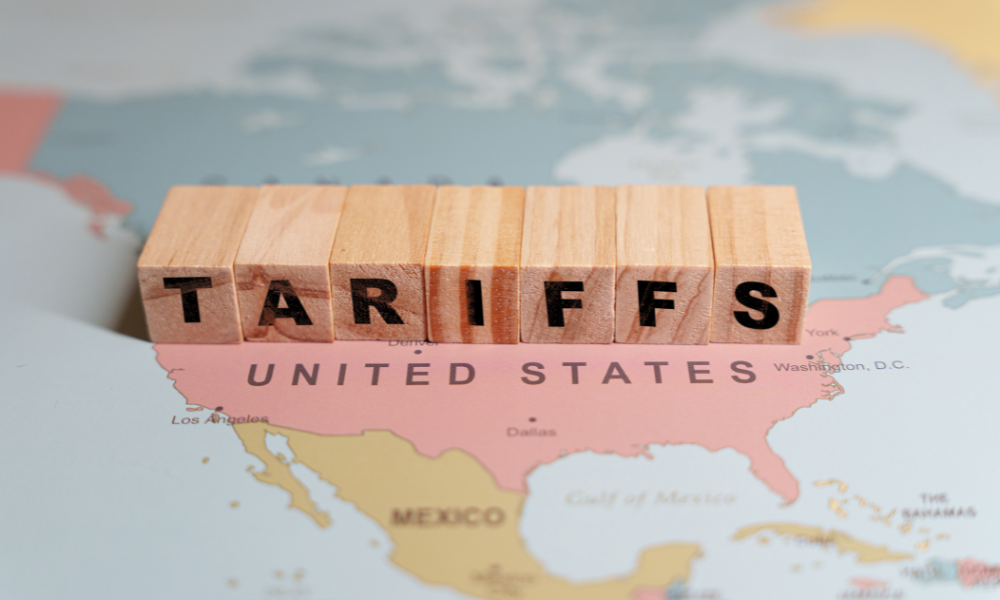The tenuous US-Canada tariff situation has resulted in orders getting cancelled or held for some small and medium-sized enterprises, according to the Canadian Federation of Independent Business’ “Flash Survey: Impact of U.S.-Canada tariff situation on businesses” report.
Per the preliminary findings, 18 percent of SMEs and 34 percent of exporters reported orders being rescinded or paused. Moreover, 54 percent of SMEs reported feeling unprepared for the effect of the tariffs.
“The uncertainty around tariffs is almost as damaging as tariffs themselves. It reverberates among business owners right now and businesses are adjusting operations on the fly as a result. While we may have a few weeks of reprieve, there is still concern about the long-term impact of tariffs on small businesses,” said Simon Gaudreault, CFIB's chief economist and vice president of research, in a statement.
The report revealed that 24 percent of small businesses planned to stall expansion plans, while 20 percent sought to cut workforce and hours. Forty-five percent of small firms are identifying new suppliers in response to the tariff issue. Sixty-two percent reported that they could shift costs from the tariffs to customers or clients at different levels.
“Some firms may change their business models and find new markets, but it'll take some time. Many exporters though are telling us it will be a major struggle to pivot, and they'll have to decide whether to lay off staff, remain in Canada or explore other markets,” Gaudreault added.
Gaudreault said that in sectors like retail, businesses would be pressed to shift higher expenses to customers, while those from the agri-business sector would have to absorb these costs.
“Overall, small business owners are sending a clear message that US tariffs and Canada’s retaliatory measures will add further financial strain on businesses and Canadians alike,” Gaudreault said in a statement.
Eighty-one percent of small firms indicated that parliament should be recalled to deal with the tariff situation. The CFIB also urged parliament to aid small businesses by halting the April 1 carbon tax increase, passing laws ensuring that carbon tax rebates for small businesses are tax-free, and pitching legislation to boost the lifetime capital gains exemption threshold to $1.25m. ensuring the Canadian Entrepreneurs' Incentive remains.
“About one in five businesses say they can survive less than three months without support if tariffs hit. This should sound an alarm for policymakers,” Gaudreault said. “Now is the time to cut taxes, adopt mutual recognition to address interprovincial trade barriers, and promote buying local. If Canada hits the U.S. with retaliatory tariffs, it must make sure any support programs include the needs of small businesses and that the revenue from those tariffs go back to both importers and exporters as quickly as possible."





